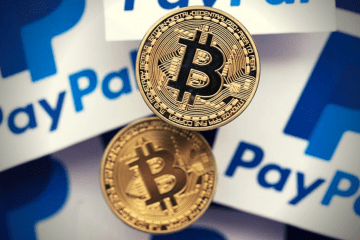It’s Happening: S Korean Central Bank Unveils Plans to Pilot a CBDC
The South Korean central bank, the Bank of Korea (BOK) is “one step closer” to launching a pilot for a central bank digital currency (CBDC) and could start piloting a token as early as December this year – in line with central banks in other regions, which are also thought to be on the verge of issuing digital fiats.
Per the South Korean central bank’s own documentation, as well as reports from media outlets Bizwatch and EBN, the BOK appears to be on the verge of completing a remarkable u-turn on CBDC policy, and says that “internal and external conditions” have forced its hand – with and admits that the devastating economic effects of the coronavirus pandemic have led it to fast-track its CBDC progress.
As reported today, the “central bank of central banks” and multiple analysts think that the fear of the coronavirus transmission via cash and banking cards may shorten the road to CBDCs.
The South Korean central bank says it has already begun a review of the potential legal and technical issues it will need to address before any CBDC issuance, which it hopes to have wrapped up some time this year. The BOK hopes to begin piloting its token by December, with tests to run throughout 2021 – potentially paving the way for a December 2021 launch.
The BOK appears to be hedging its bets, however, and will not commit to a launch – claiming that the chances of a South Korean CBDC seeing the light of day are still “remote.”
However, despite its denials, the BOK’s latest move has seen it move yet further away from its previous stance on the matter. The bank was, at one point, so confident that a CBDC would not be needed in South Korea that it disbanded its CBDC research unit. A brand new research unit was formed in February – and appears to have been working overtime as Seoul races to be ready.
Experts quoted in the South Korean media have opined that the government wants the ability to green-light a CBDC as an emergency, reactive measure to counter the possible repercussions of a post-coronavirus economic slump and a digital yuan issuance from near-neighbor China.
The BOK made specific mention of the coronavirus’ economic impact in its documents, stating that the disease was acting as a “catalyst” that could “accelerate issuance,” and noted that a token would need to be “designed with high public accessibility” in mind.
The BOK also expressed reservations about the possibility of a CBDC “marginalizing” older citizens, who might struggle to make use of or understand the concept of digital fiat.


